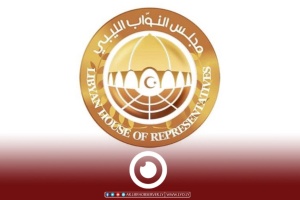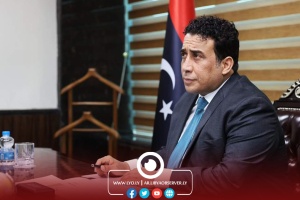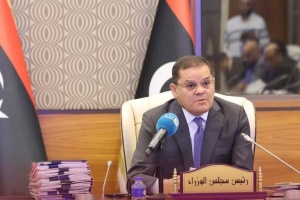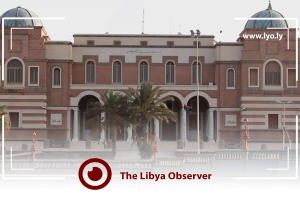The Speaker of the House of Representatives (HoR), Aqila Saleh, has confirmed that the HoR is in contact with the High Council of State (HCS) and that they have almost reached an agreement on the mechanism for forming a new government.
Saleh added, in an interview with the Egyptian newspaper “Sada El Balad” website, that it had been agreed in principle that whoever wanted to take over the government would receive the recommendation of 20 members of the HCS and 10 members of the HoR.
Saleh said that the electoral process was ready with all its details and only needed to form a unified government that will be accountable to the HoR because it is not reasonable to hold elections in the presence of two governments: east and west, stressing the need to avoid delaying elections until a new UN envoy is appointed, as waiting for a new UN envoy is a waste of time.
Saleh also expected that elections would be held before the end of this year, calling on the international community and Arab countries to assist, especially after the intervention of the Arab League. He pointed out that the obstacles that Libya was facing were the interference of the international community, and the inability of the international envoys who came to Libya to provide anything to resolve the Libyan crisis, adding that if the matter is left to Libyans and the implementation of the constitutional declaration and political agreement, things will move in a positive direction and quickly.
Regarding the Cairo meeting held under the auspices of the Arab League with the Head of the Presidential Council, Mohammed Menfi, and the Head of HCS, Mohammed Takala, Saleh explained that it gave a motivation to the political process in Libya, even though the Arab League was late in this matter and it had to have, from the beginning, its role in the Libyan issue. He stressed that the meeting of parties showed consensus on the necessity of forming a Libyan government to hold elections.
Saleh also stressed that the Cairo meeting had reaffirmed Libya’s sovereignty, independence, and territorial integrity and rejected any negative external interference in the Libyan political process based on the political agreement, the formation of a technical committee within a specific period of time to consider amendments to electoral laws, and the necessity of forming a unified government whose mission is to supervise the electoral process.






